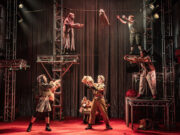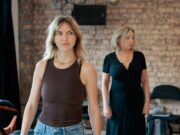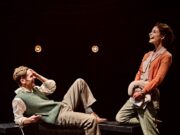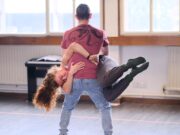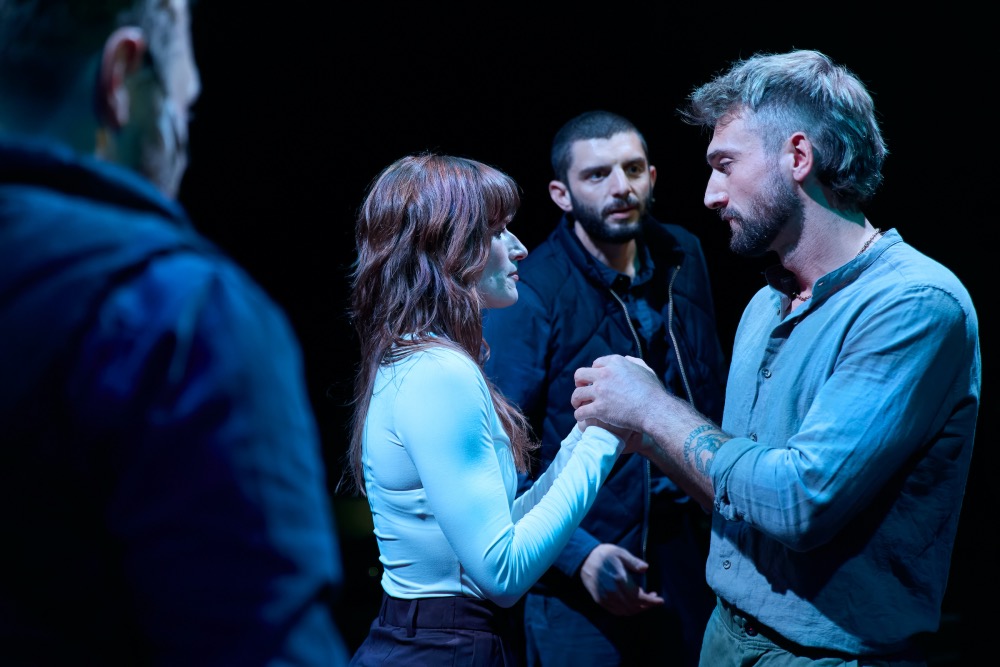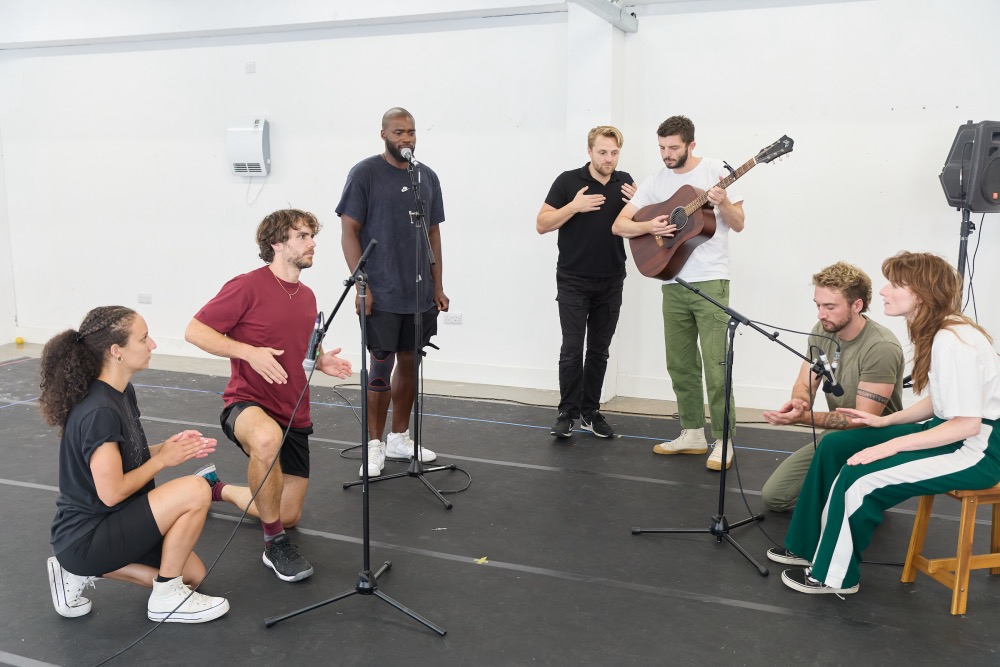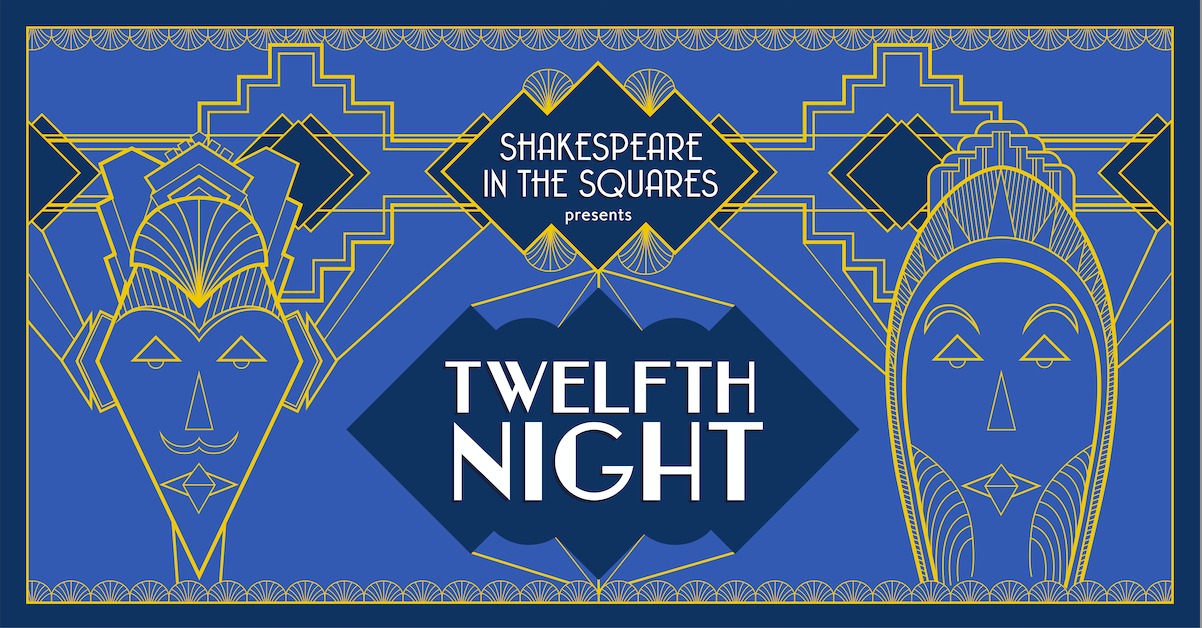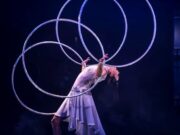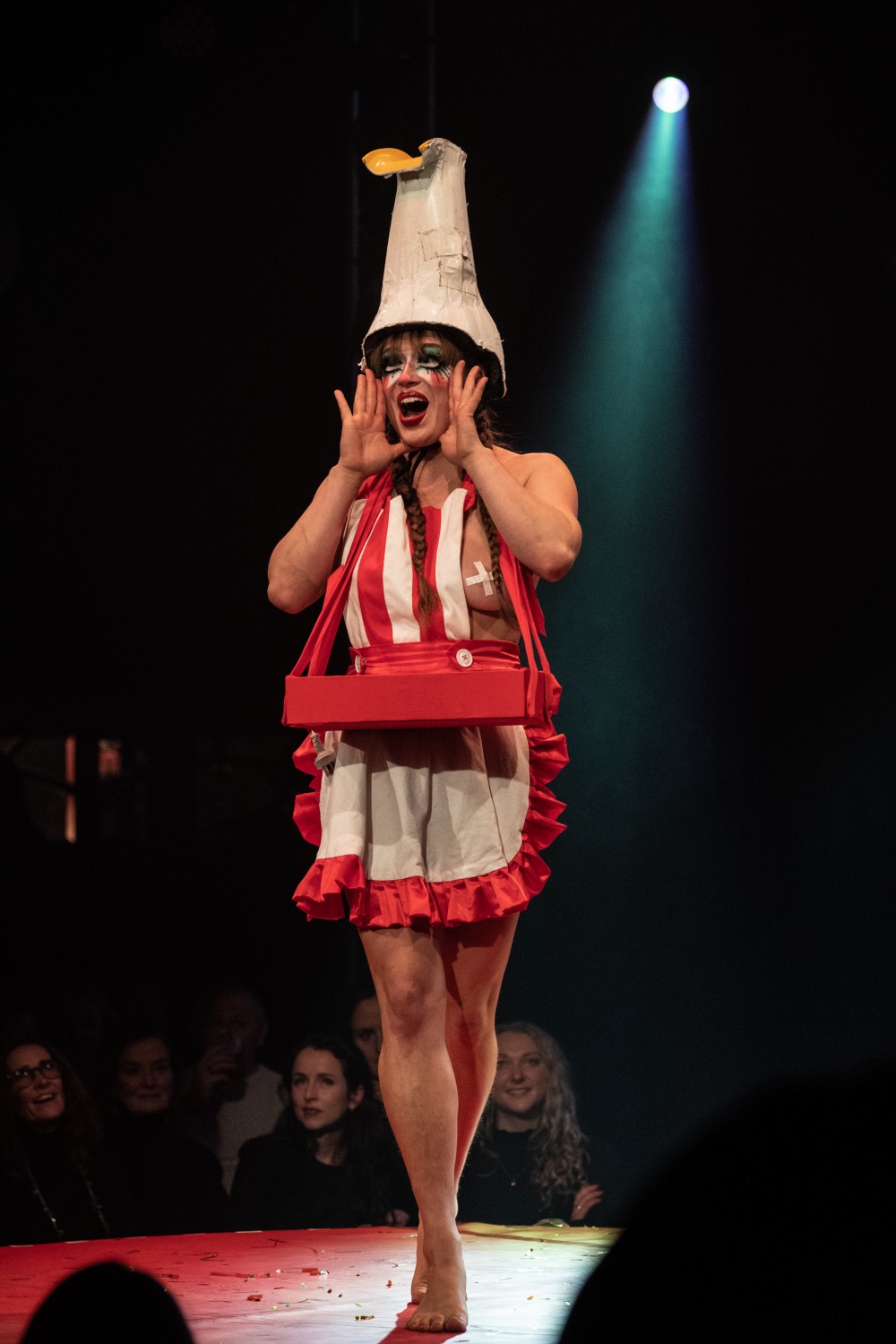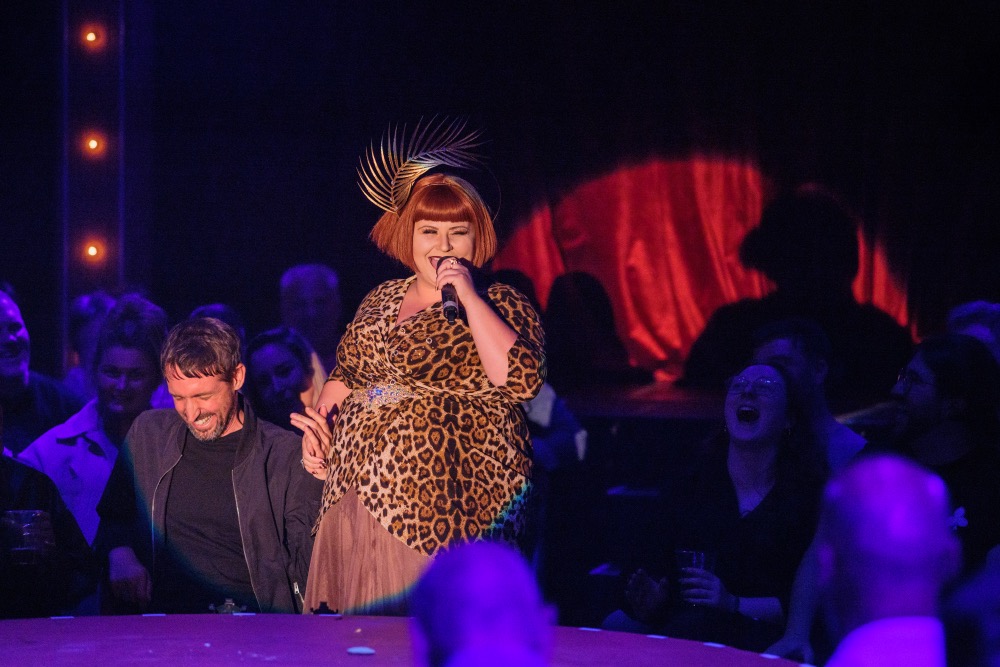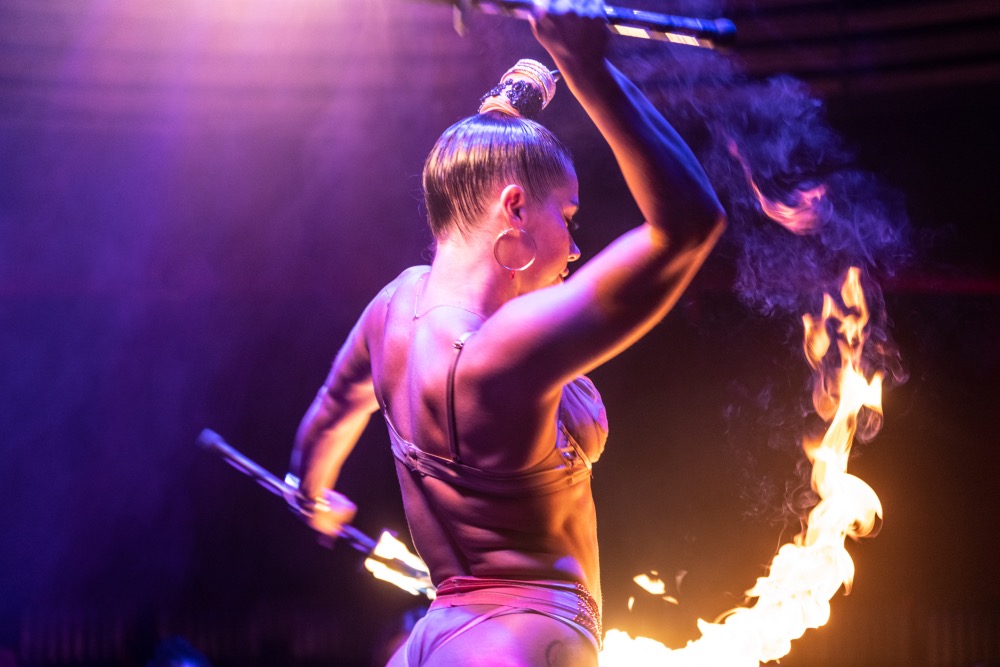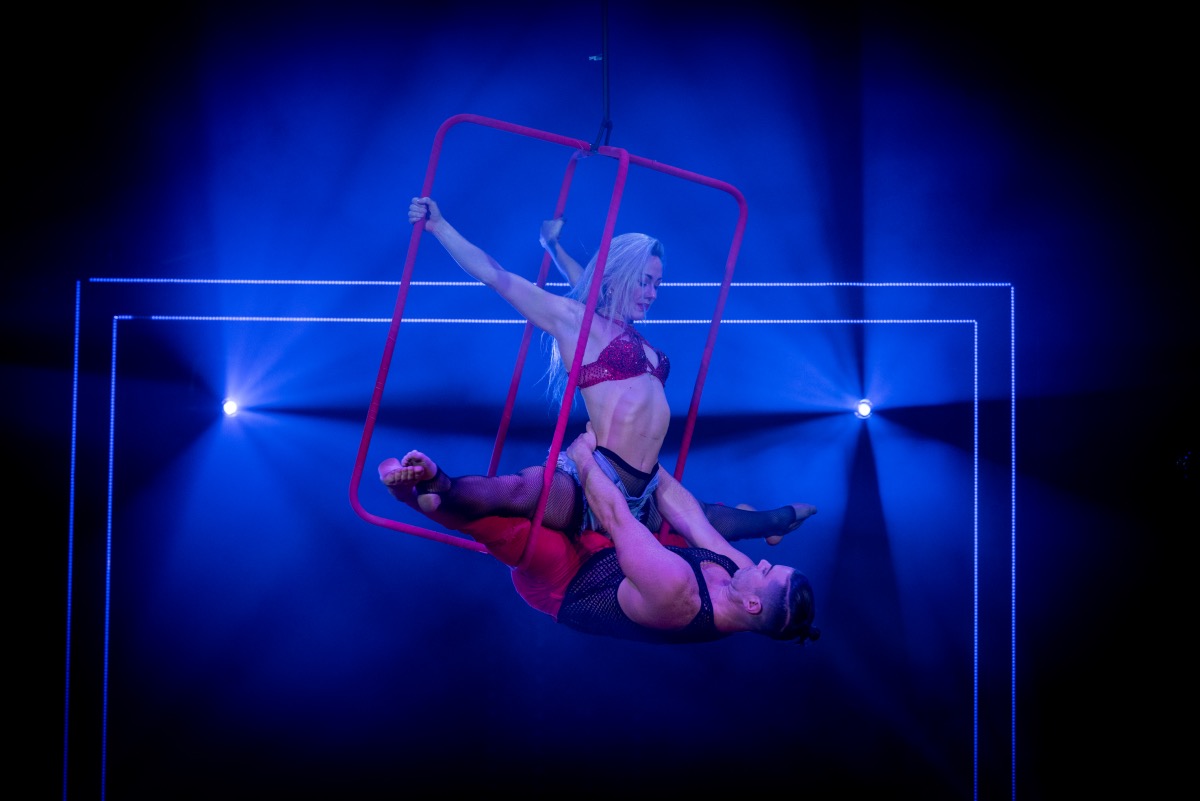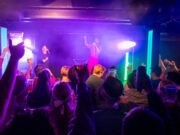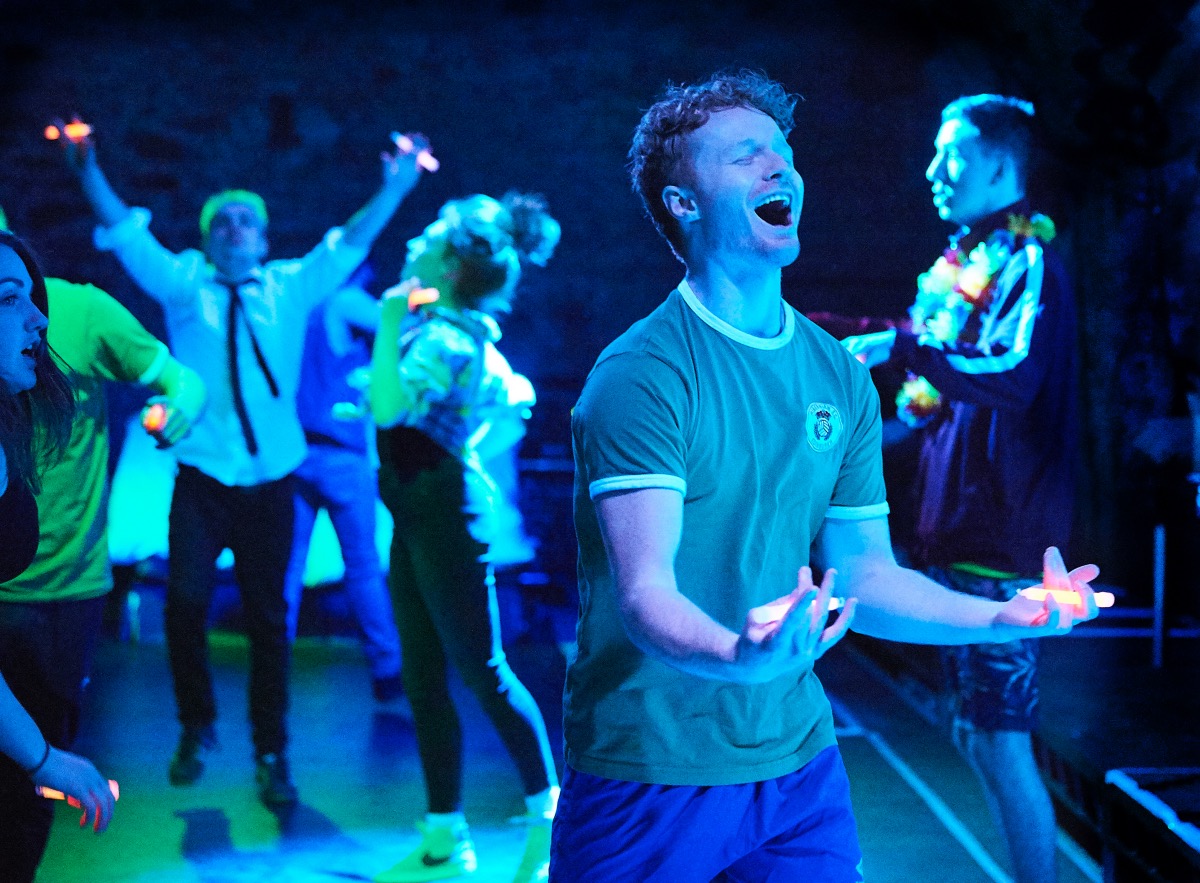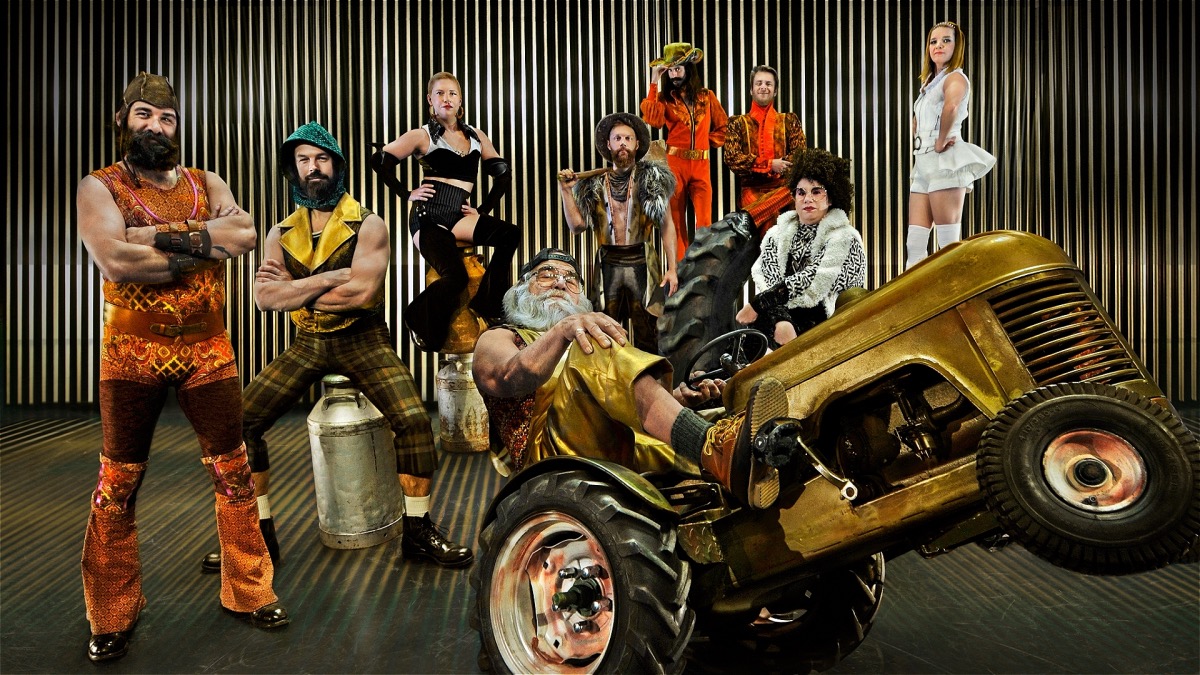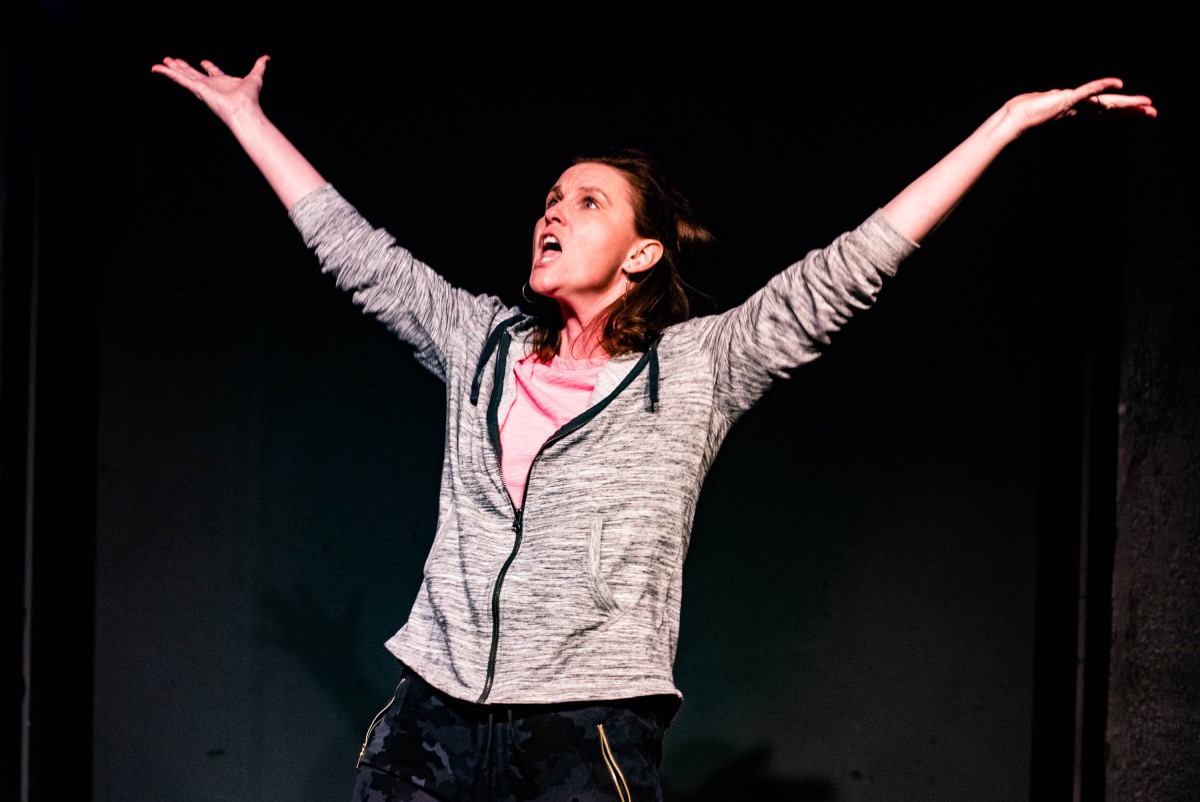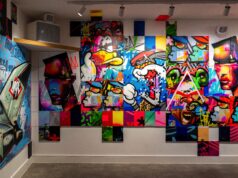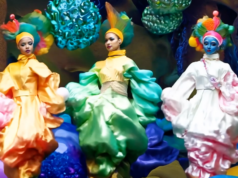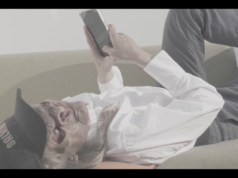Kicking off a season of events based around Syria: a conflict explored, the Imperial War Museum, London hosted a pop-up Café: Conversations about Syria.
There was an opportunity for anyone to come along and ask questions and find out first hand what daily life is like now in this war-torn country. We spoke to Syrian citizens, students, asylum seekers, aid workers and journalists.
Syrian drinks and delicacies were available courtesy of Imad Alarnab, a chef from Damascus and former refugee.
I spoke to a student from Syria who had actually come to the UK on a student visa to study finance. He has been here 2 years. He has now finished his studies so is seeking asylum status.
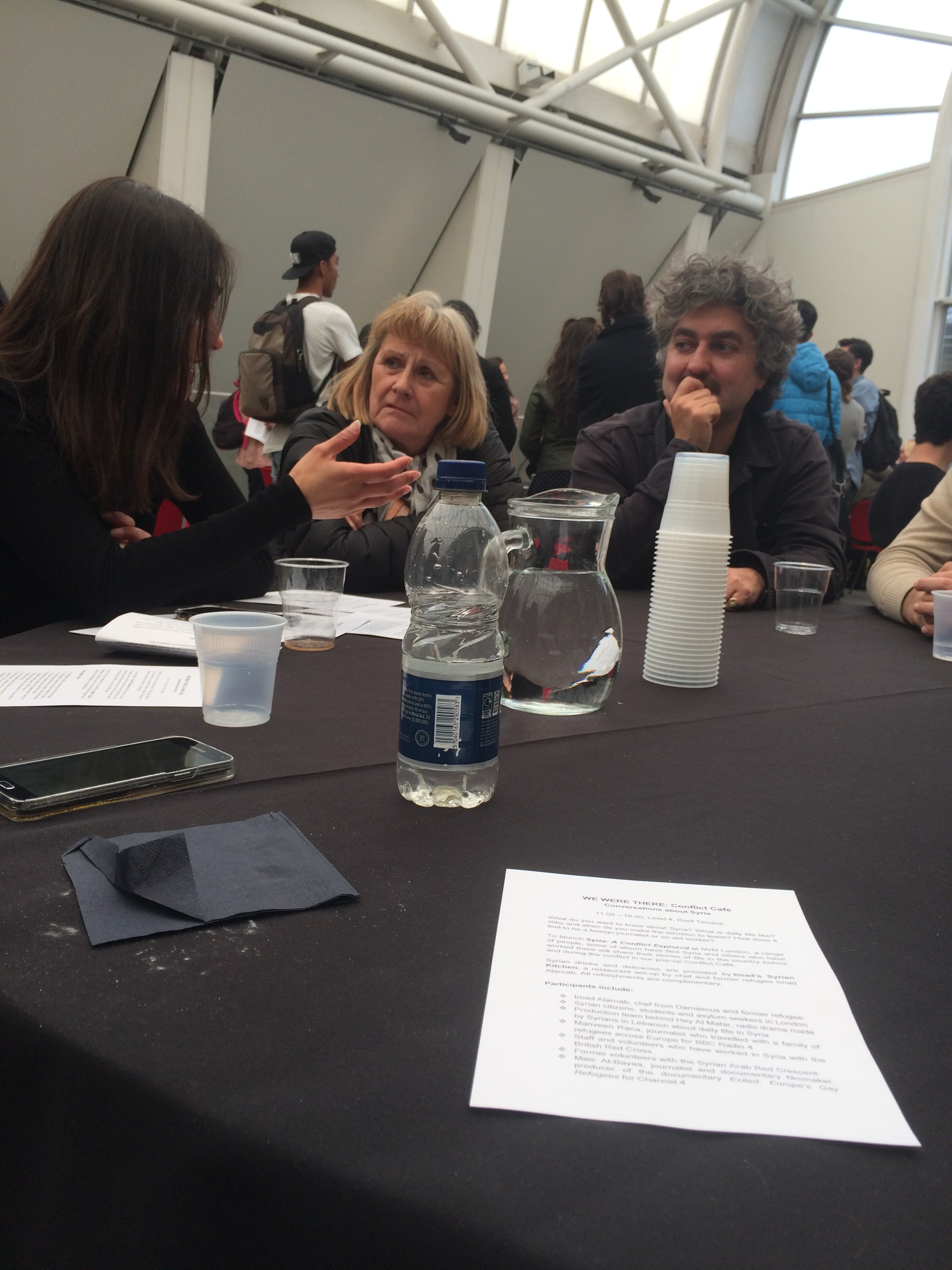
Friends and relatives of his have been killed in the conflict. His parents and sister are still in Damascus. It is very dangerous there he said. There is always a risk of kidnapping so they are pretty much housebound. His sister he told us, works but she needs to return home before 6-7pm as it would be very dangerous for her to be on the streets. At the weekends they stay home. “They still have many checkpoints and many explosions,” he said.
Someone asked him what the infrastructure was like if they still had electricity. He said they do have electricity now. But at one point he said the water supply was cut off so they had to go out and buy bottled water.
A woman asked if he could go back to Syria. He said if he was to return he would be forced to join the military. Also, the economy is very bad, there are no jobs.
I asked him what he thought about Trump’s recent strikes in Syria against Assad. He said he doubted Trump’s motives were truly for the benefit of Syria. He said, however, the real intervention should have taken place back when the first chemical attacks happened when Obama was president.
Someone asked him who he blamed for all of this. He said the first person he blames is Bashar Assad. He said he just wants to see an end to the war.
Other participants in the café included:
- Production team behind Hey Al Matar, radio drama made by Syrian in Lebanon about daily life in Syria
- Manveen Rana, a journalist who travelled with a family of refugees across Europe for BBC Radio 4
- Staff and volunteers who have worked in Syria with the British Red Cross
- Former volunteers with the Syrian Arab Red Crescent
- Mais Al-Bayaa, journalist and documentary filmmaker, producer of the documentary Exiled: Europe’s Gay Refugees for Channel 4.
Also discussed in the group was how we could raise more awareness on the issues faced in Syria through the arts, social media and school education.
I also took a look around the two exhibitions which will run throughout the season:
Syria: Story of a Conflict: Gives a background to the Assad Regime and the Syrian civil war which began in 2011.
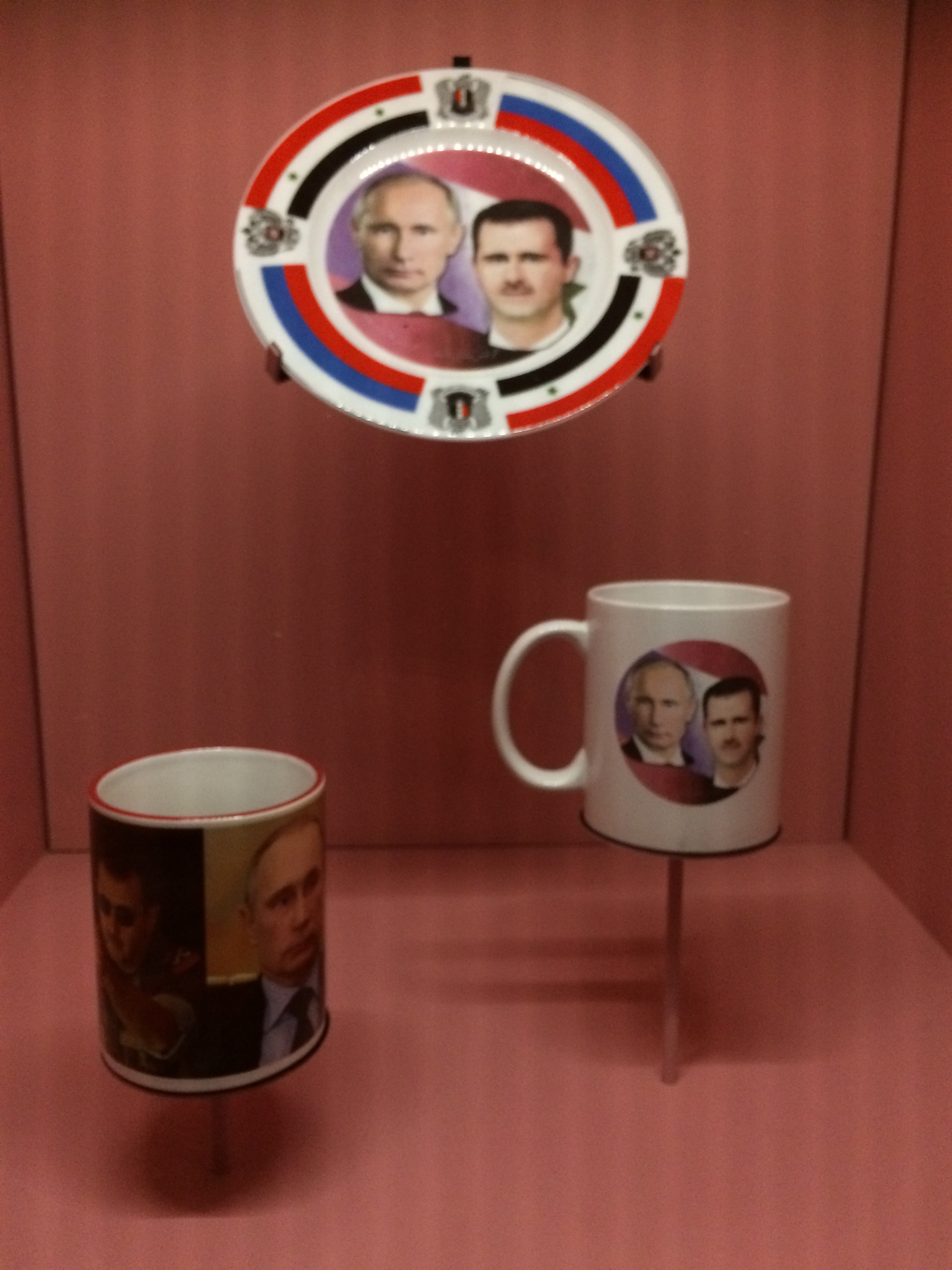
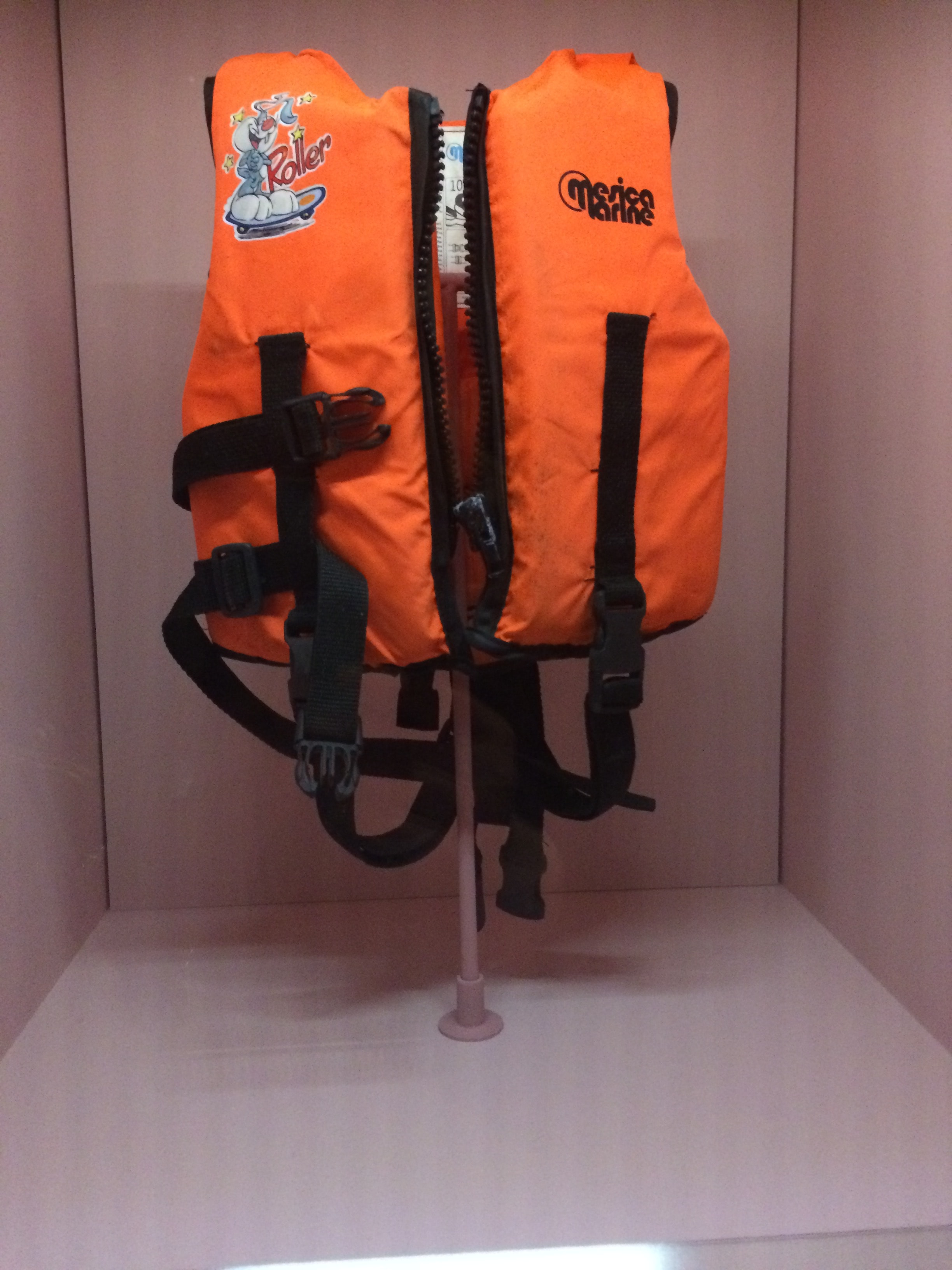
Sergey Ponomarev: A Lens on Syria: ‘Assad’s Syria’ is a collection of photographs of people living in Government-controlled areas by award-winning Russian documentary photographer Sergey Ponomarev.
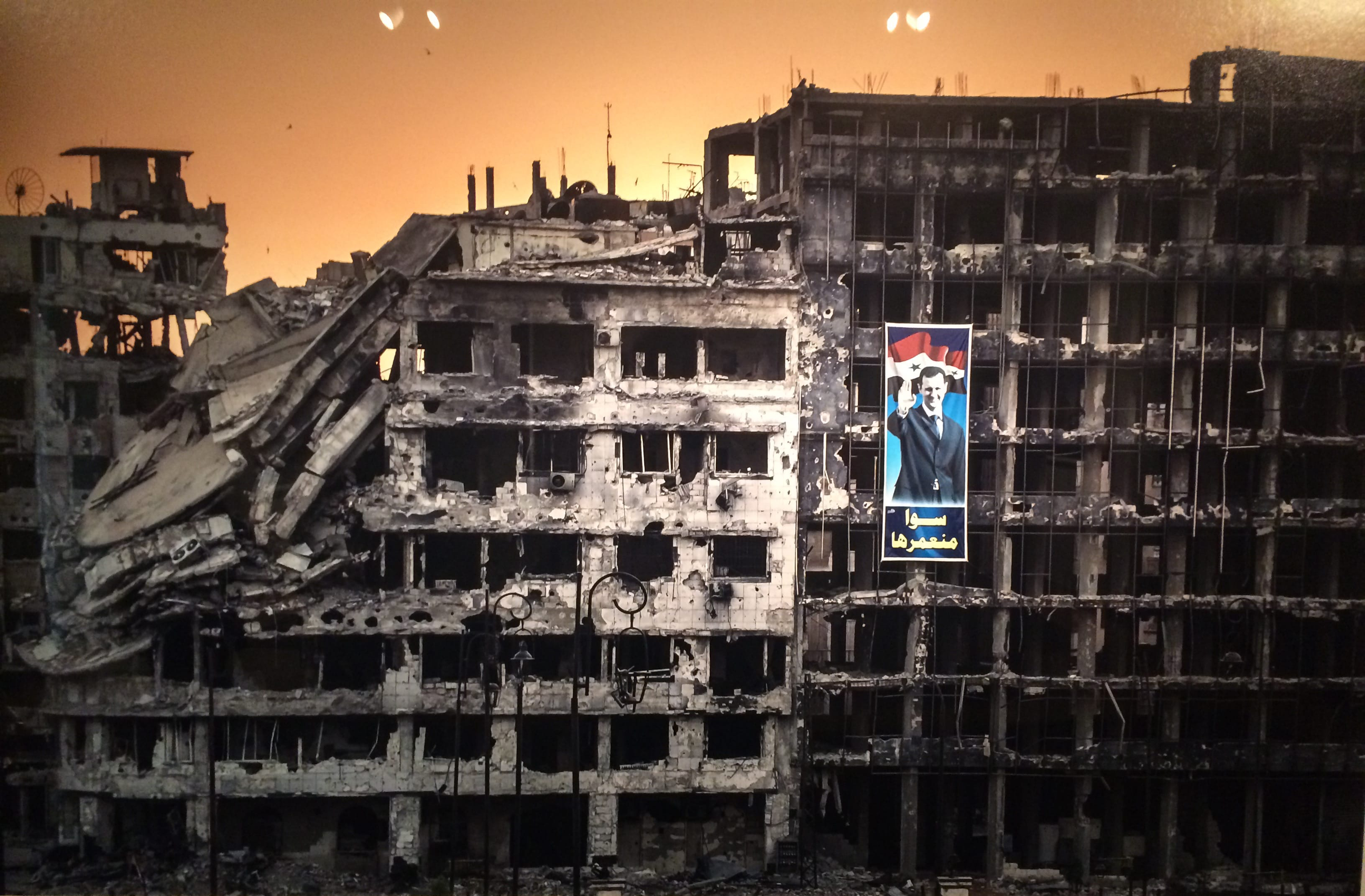
Some drawings from teenagers caught up in the conflict.
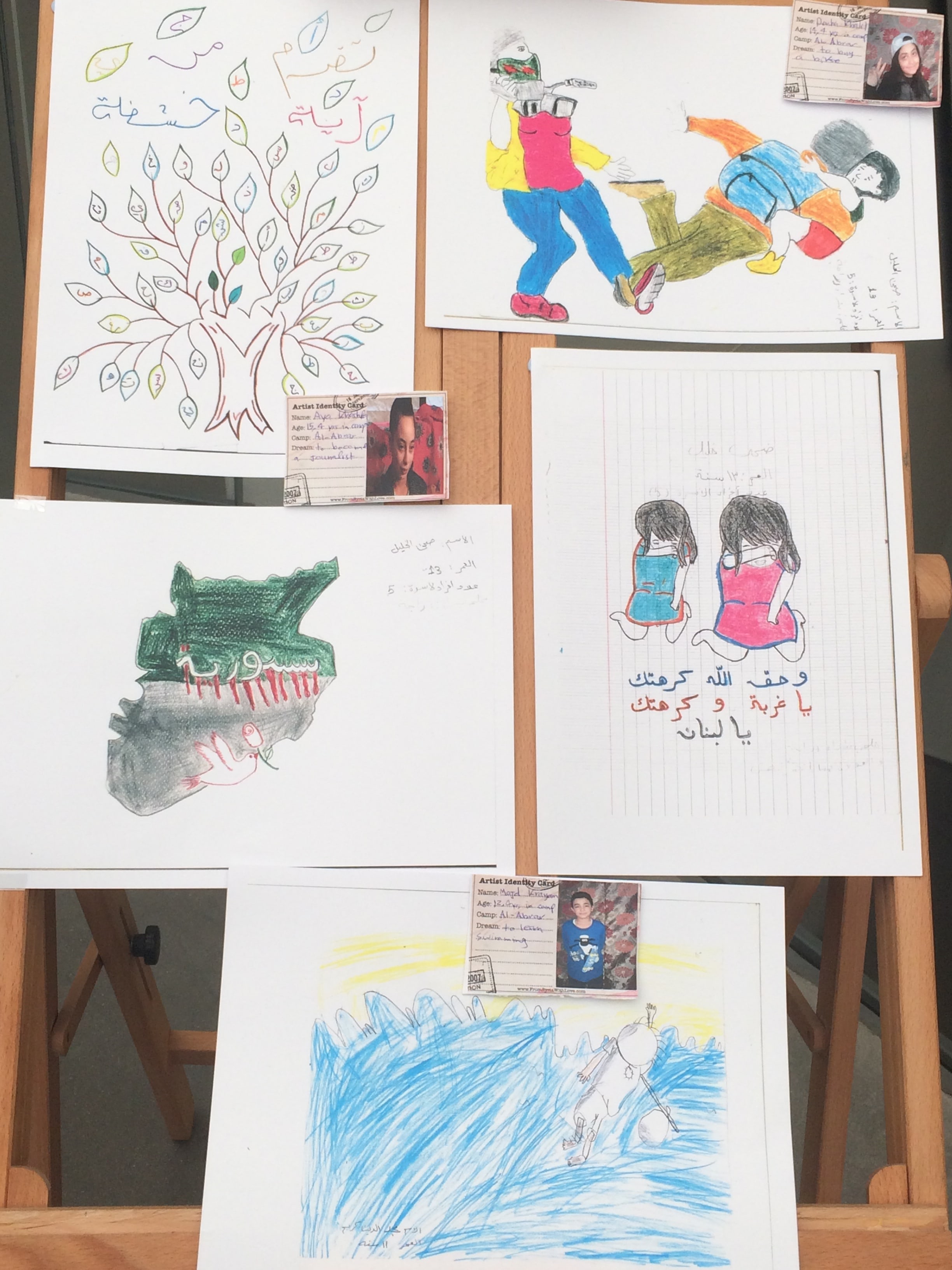
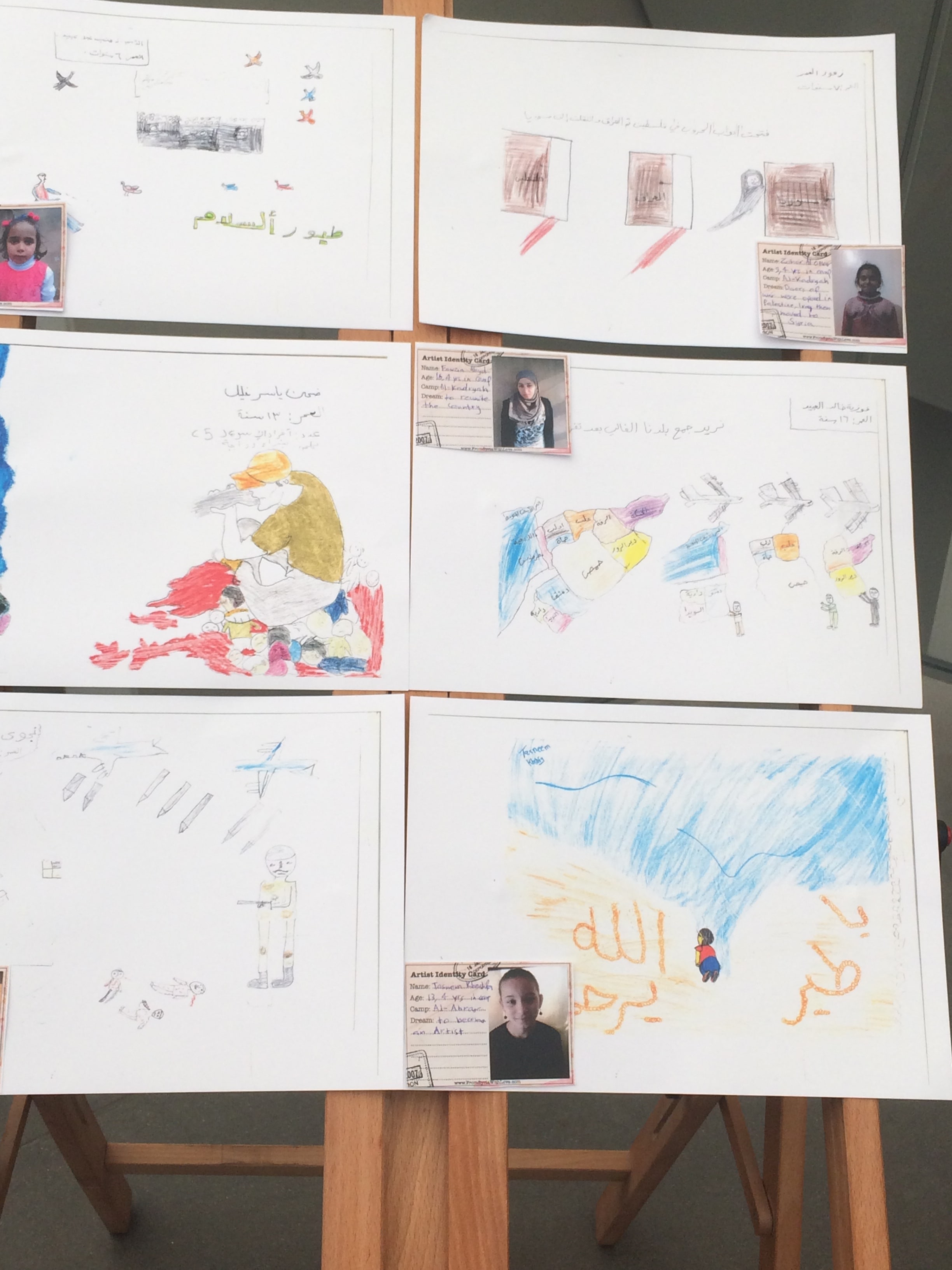
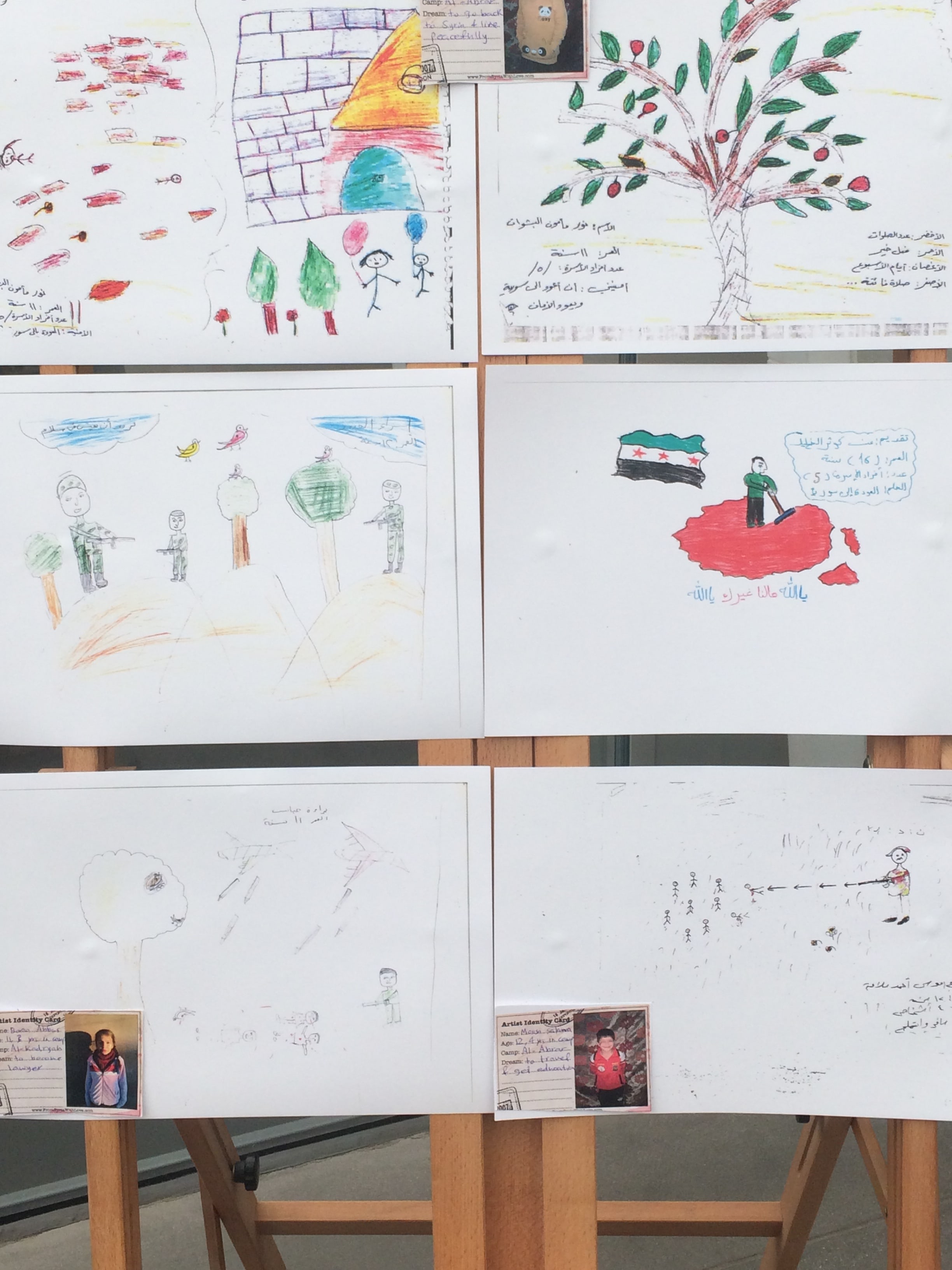
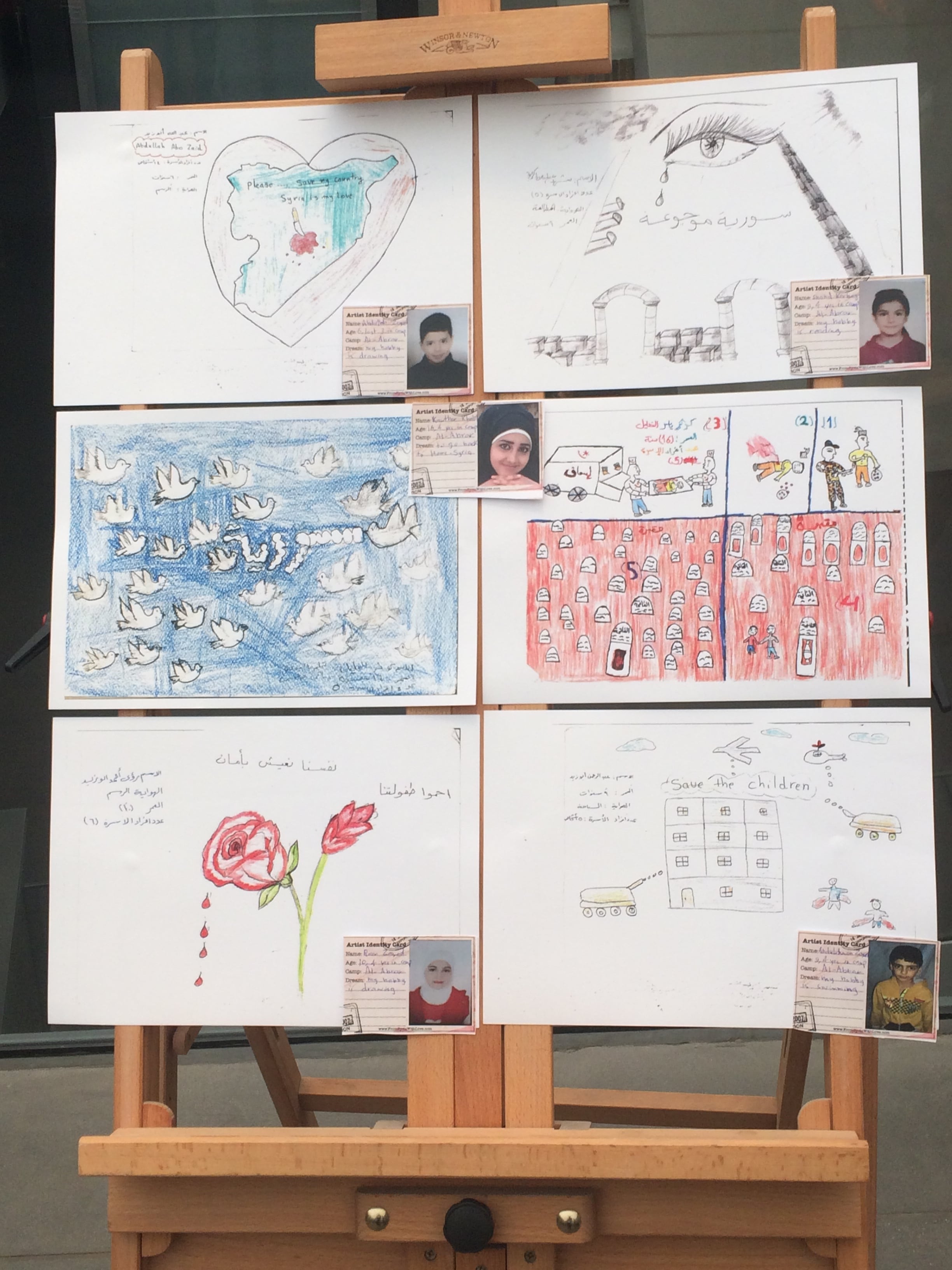
For more on this exhibition of works visit The Imperial War Museum website.
Follow the conversation on twitter #SyriaExplored

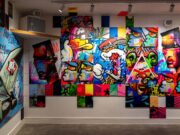
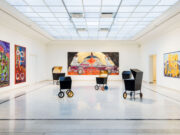
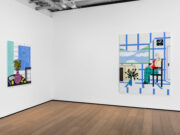
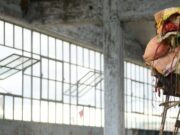
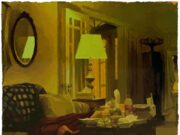
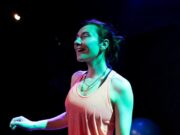
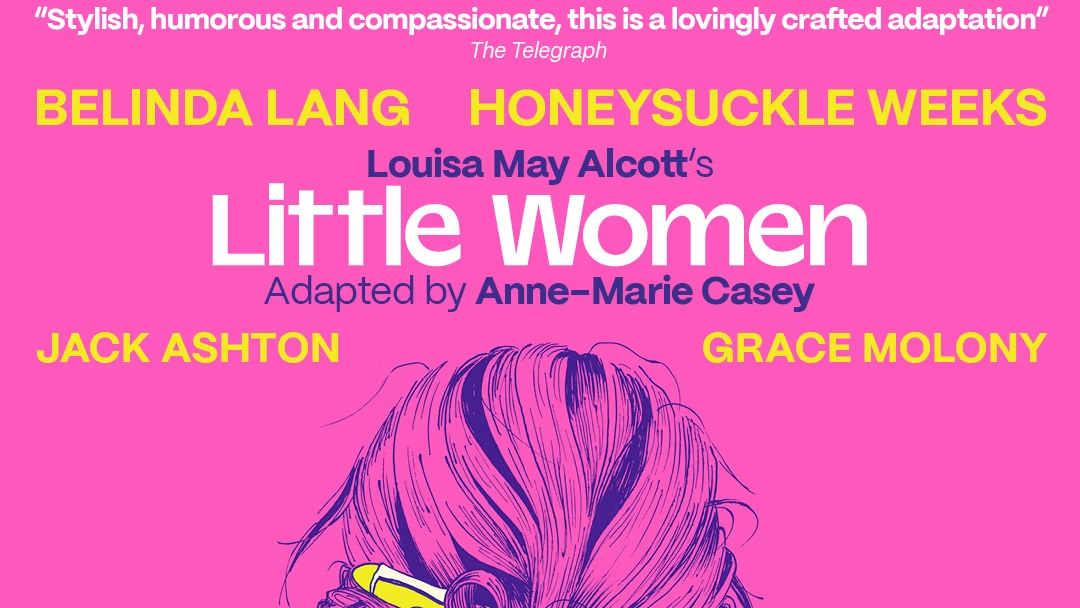
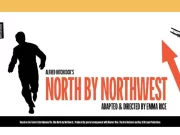
![Antigone [on strike] | Review Ali Hadji-Heshmati and Hiba Medina in Antigone [on strike] at Park Theatre, London. Photo: Nir Segal](https://theartiscapegallery.com/wp-content/uploads/2025/02/Antigone-on-strike-photo-by-Nir-Segal-D1_Standard-180x135.jpg)
